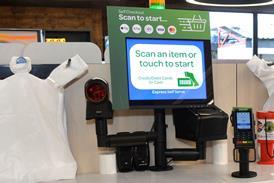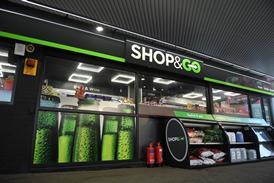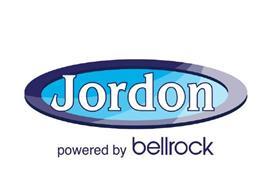It’s impossible to write this column without commenting on the fuel quality problems of last month, although I’m sure the supermarkets would prefer that the subject was ’parked’. The facts are, however, that whatever happened to cause the contamination problem, it did call into question the quality issue of a high-value commodity that cannot ever be actually viewed by either retailer or user. While the motorist’s acceptance of consistent and even superior quality fuels existed, it undoubtedly helped the supermarket sector to promote its price-focused offers, but changing perception and raising suspicion about quality linked to price changes ’the game’.
I’m sure the mindset of the motorist is a fickle one and most of those involved in the debacle would have us believe that business is already back to normal. Maybe, in some areas that will be the case, however, my very sincere advice to all traditional forecourt operators is to hang onto as many of the gained litres as possible by raising your marketing programmes, even to the point of overwhelming new customers with service levels and messages about fuel quality.
The expression, ’it’s an ill wind etc.’ comes to mind and is extremely apt. I’m equally sure that it’s well understood what any future repeat of this type of mishap would mean for those involved. So as we move further forward into an era of extending the fuel cocktail - both petrol and diesel - by adding a renewable element to fossil fuel, the need for extreme care could not have been better demonstrated!
== play your cards right ==
If the fuel quality issue briefly held first place in a chart of issues associated with the forecourt industry, card fraud ran a very close second. The media has again been provided with sufficient reason to highlight our industry as one of high risk when consumers use cards to buy their fuel. This further adverse publicity is not what we need, and I appeal to retailers to take utmost care in checking their payment procedures.
The potential rewards for those involved means that organised gangs of criminals target forecourt shops because of the high number of card transactions in a seemingly public environment where customers generally feel very safe. Potentially vulnerable staff members are identified and offered cash to assist in a scam of one type or another, and unless you protect your business interests adequately that risk always prevails. Gaining adverse publicity plus the damage to a reputation can have a long-lasting effect, so at a time when it’s known that criminals are particularly active, please act immediately. That review may save you everything you’ve worked hard to create.























No comments yet